Ep. 140-3 | Tea Hits the Big Time
After centuries of trial and error, tea starts to transform from a bitter medicinal brew into something worthy of presenting to the emperor as tribute. Tea's development during the 326 years of the Sui and Tang dynasties (581-907 AD) is introduced this time. Not only do the people of China embrace tea. Those people who surrounded China to the north and to the west also took a quick liking to this drink. The important role tea played in Tibet and other border regions is also discussed, as well as the fabled trade route known as the ancient Tea-Horse Road 茶马古道.
The Tea Saint, Lu Yu will be saved for the next episode. Be sure to come back again.
Listen On Your Favorite Podcast Player
Terms in Episode
| Pinyin/Term | Chinese | English/Meaning |
|---|---|---|
| Chárén | 茶人 | A "Tea Person," someone who knows a lot about tea and how to enjoy it |
| Shén Nóng | 神农 | The Divine Farmer |
| Chá | 茶 | Tea |
| Táng Dynasty | 唐朝 | Dynasty that followed the Sui, 618-907 |
| Suí Wéndì | 隋文帝 | Founder of the Sui Dynasty |
| Suí Yángdì | 隋炀帝 | Second Sui Emperor |
| Suí Dynasty | 隋朝 | Dynasty that preceded the Tang and ran from 581-617 |
| Lù Yǔ | 陆羽 | 733-804, Chinese literary figure from the Tang who was famous for writing the Classic of Tea |
| Wú State | 吴国 | The Wu State during the Zhou Dynasty that ran from 12th century BCE to 473 BCE |
| King Fūchāi | 夫差 | Fuchai of Wu who reinged 495-473 BCE, last king of the Wu State |
| Hán Gōu | 汗垢 | The Han Canal, built during King Fuchai's time |
| Huái River | 淮河 | One of China's great rivers, located in between the Yellow and Yangzi Rivers |
| Yángzǐ | 扬子江 | China's longest river that ran west to east, located in the geographic center of China. Northern China was north of the Yangzi |
| Fújiàn | 福建 | Coastal province south of Zhejiang |
| Zhèjiāng | 浙江 | Coastal Province north of Fujian |
| Ānhuī | 安徽 | Province in eastern China |
| Jiāngxī | 江西 | Province in eastern China |
| Jìn Dynasty | 晋朝 | The Jin Dynasty, 266-420 |
| Jiāngsū | 江苏 | Coastal Province north of Zhejiang |
| Hakka | 客家 | A Han Chinese sub-group originally from the north of China who migrated to the south and ended up mostly in Guangdong and Fujian, but found elsehwere in China and throughout the world |
| Guǎngdōng | 广东 | China's southern-most province on the mainland |
| Sìchuān | 四川 | Province in southwest China |
| Guìzhōu | 贵州 | Province in western China |
| Yúnnán | 云南 | Province in the southwest of China |
| Táng Tàizōng | 唐太宗 | Tang emperor who reigned 626-649 |
| Qīnghǎi | 青海 | Province in western China |
| Xīnjiāng | 新疆 | China's largest province area-wise, located in the northwest of China |
| Chámǎ Gǔdào | 茶马古道 | The Ancient Tea-Horse Road |
| Tú | 荼 | The character for tea before it was called cha 茶 |
| Rén | 人 | A person |
| Gòngchá | 贡茶 | Tribute Tea |
| Qīngmíng Festival | 清明节 | Also known as Tomb Sweeping Day, a traditional Chinese holiday that usually falls in the first week of April. People who observe this holiday show reverence for their ancestors by visiting their graves and "sweeping the tombs" |
| Biānchá | 边茶 | Border Tea |
| Qiāng | 羌族 | An ethnic people who come from southwest China and other Asian countries to the south and west of China |
| Bǎojiànpǐn | 保健品 | Health Products |
| Oolong | 乌龙 | Wūlóng Tea, a partially oxidized tea that is mighty fine tasting |
| Pǔ-Ěrh | 普洱 | A variety of fermented tea that comes from Yunnan province in China |
| Zhāng Qiān | 张骞 | Chinese official and diplomat who made a famous adventure to the west and inadvertantly kickstarted the Silk Road. he lived during the Han Dynasty and died in 114 BCE |
| Hàn Dynasty | 汉朝 | Dynasty that ran from 202 BCE to 9 CE and again from 25 to 220 CE |
| Shǔ yǔ niǎo zhī lù | 鼠与鸟之路 | The road of mice and birds |
| Sòng | 宋朝 | The Song Dynasty that ran from 960 to 1279 |
| Wénchéng Gōngzhǔ | 文成公主 | Princess Wencheng, neice of Tang Taizong who's hand was given in marriage to the Tibeten King Songtsän Gampo |
| Sōngzàn Gānbù | 松赞干布 | Songtsän Gampo, emperor of Tibet who lived c. 557 to 649 |
| Sūyóuchá | 酥油茶 | Tibetan yak buttered tea |
| Qiónglái | 邛崃 | Qionglai, a city not far from Chengdu |
| Yǎ’ān | 雅安 | Ya'an, a city not too far from Chengdu |
| Wènchuān | 汶川 | County ih Sichuan not far from Chengdu that was the epicenter of the 2008 Sichuan Earthquake |
| Lúshān | 庐山 | County in Sichuan not far from Chengdu |
| Gānsù | 甘肃 | Province in western China |
| Chá Jīng | 茶经 | The Classic of Tea |







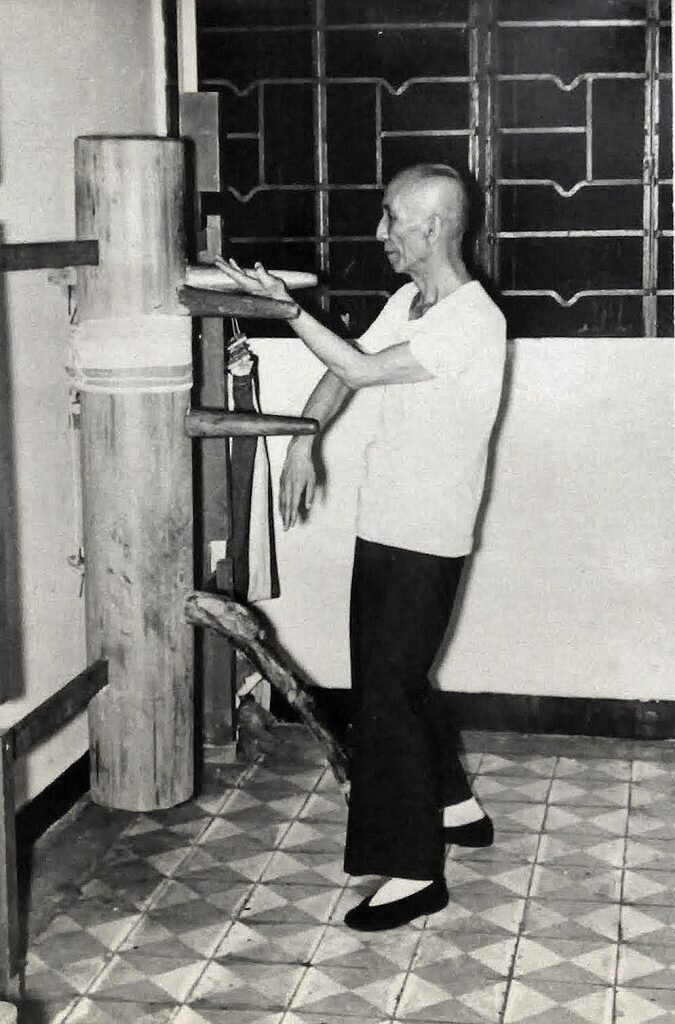
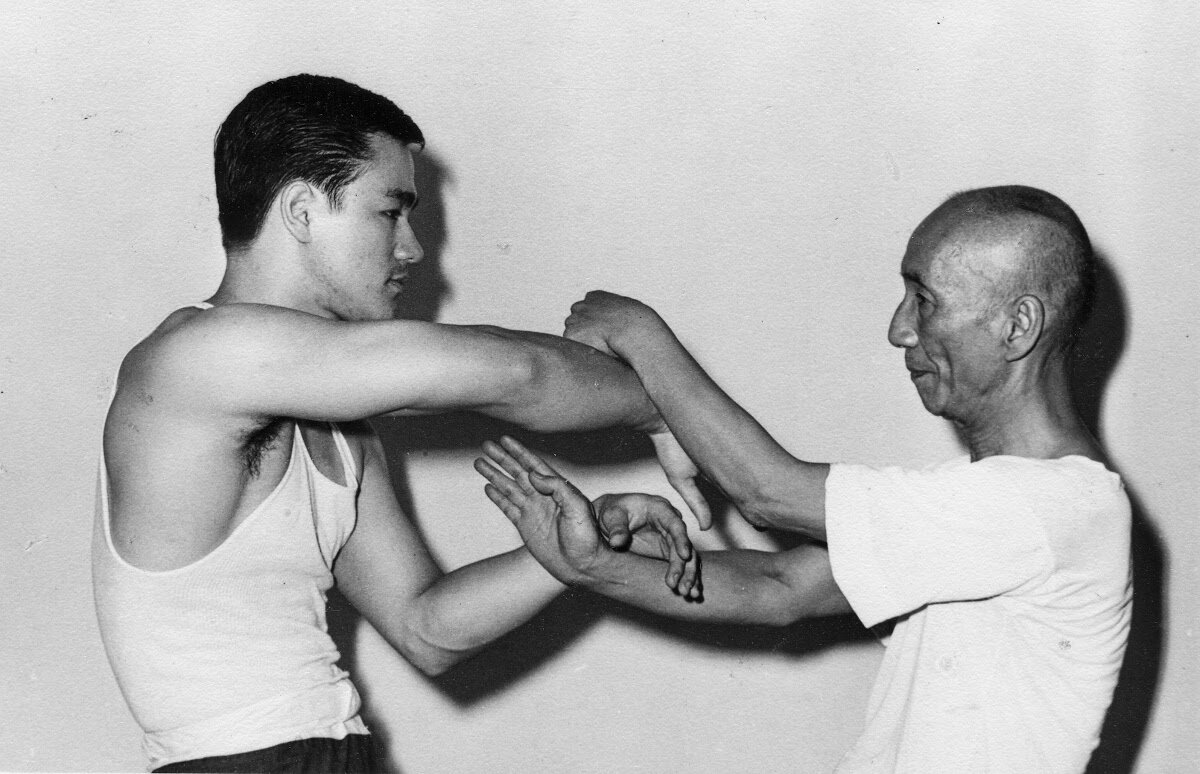


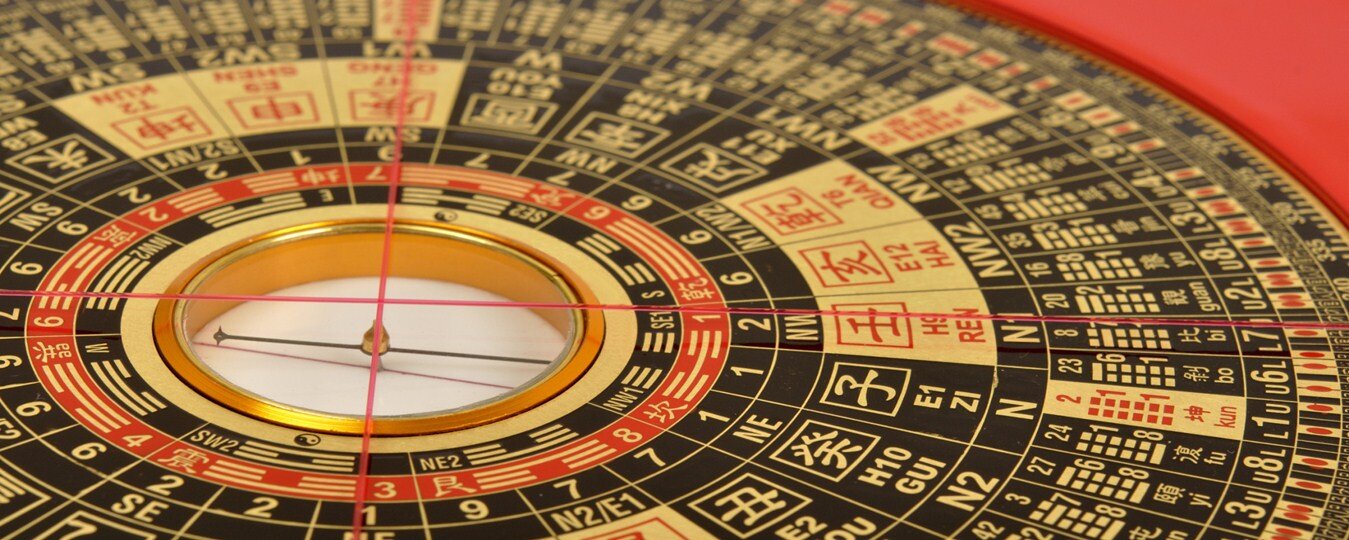
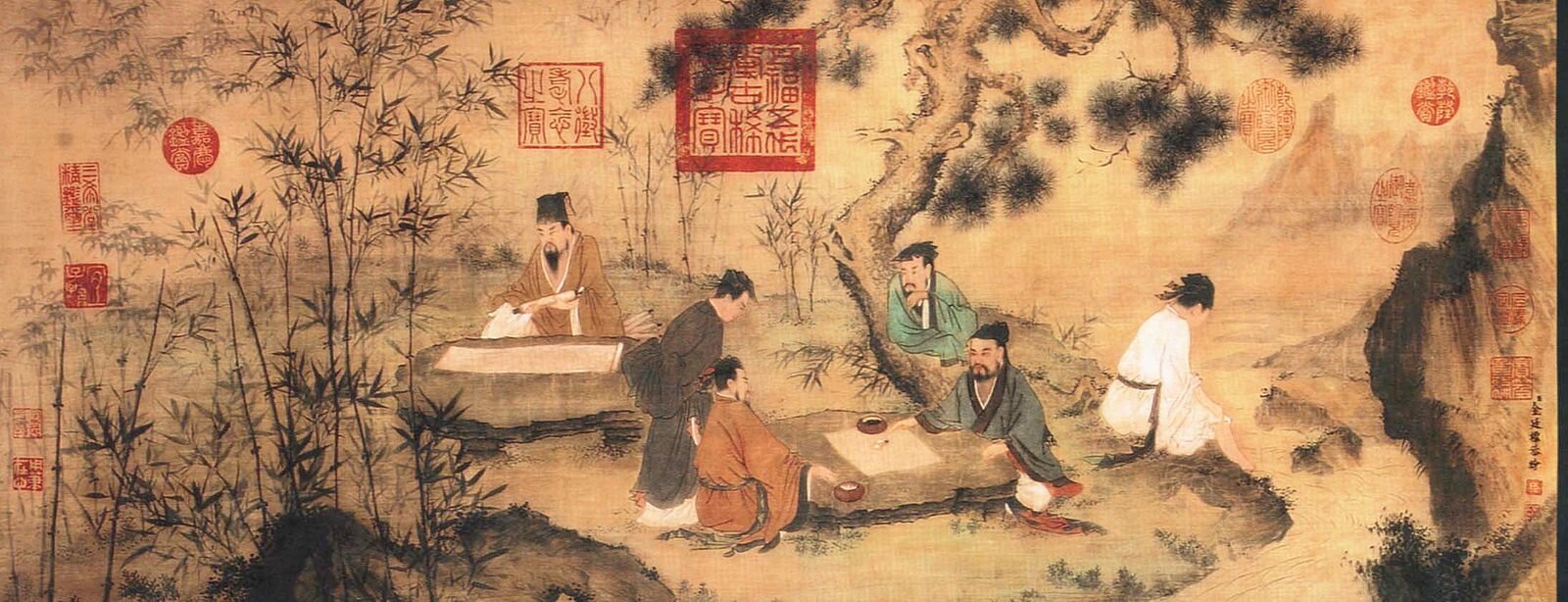
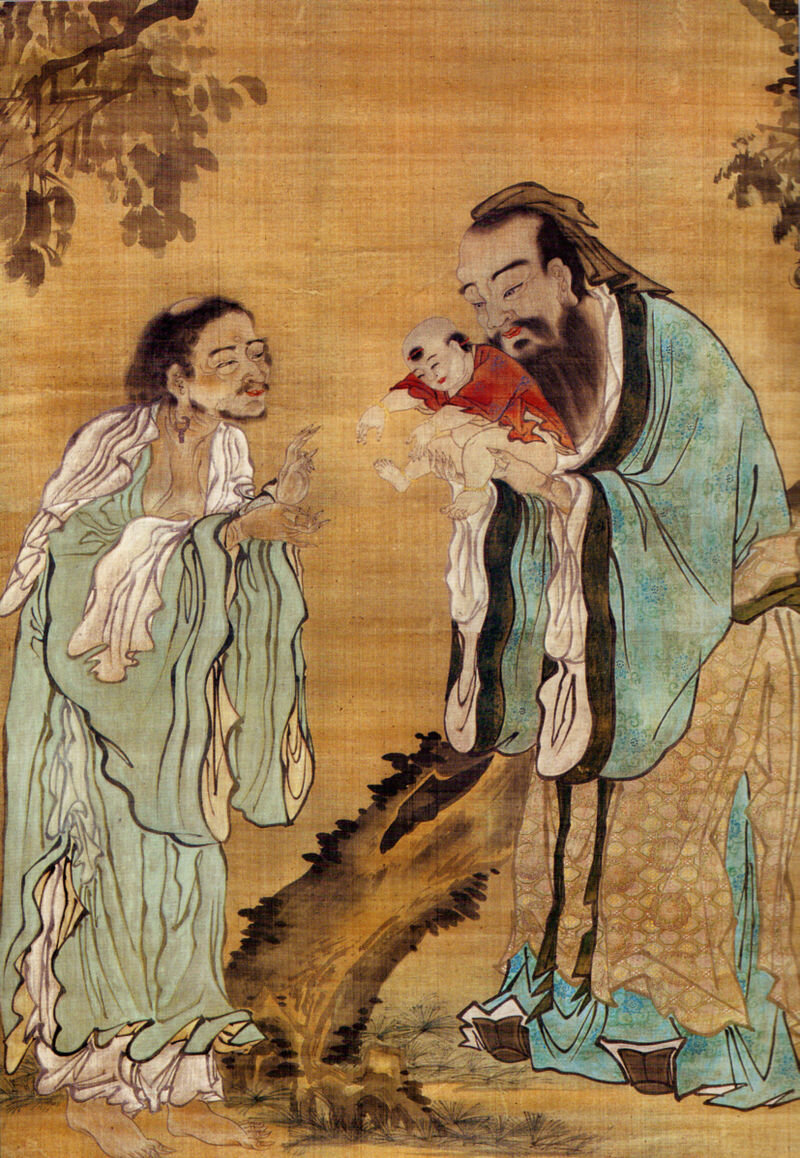
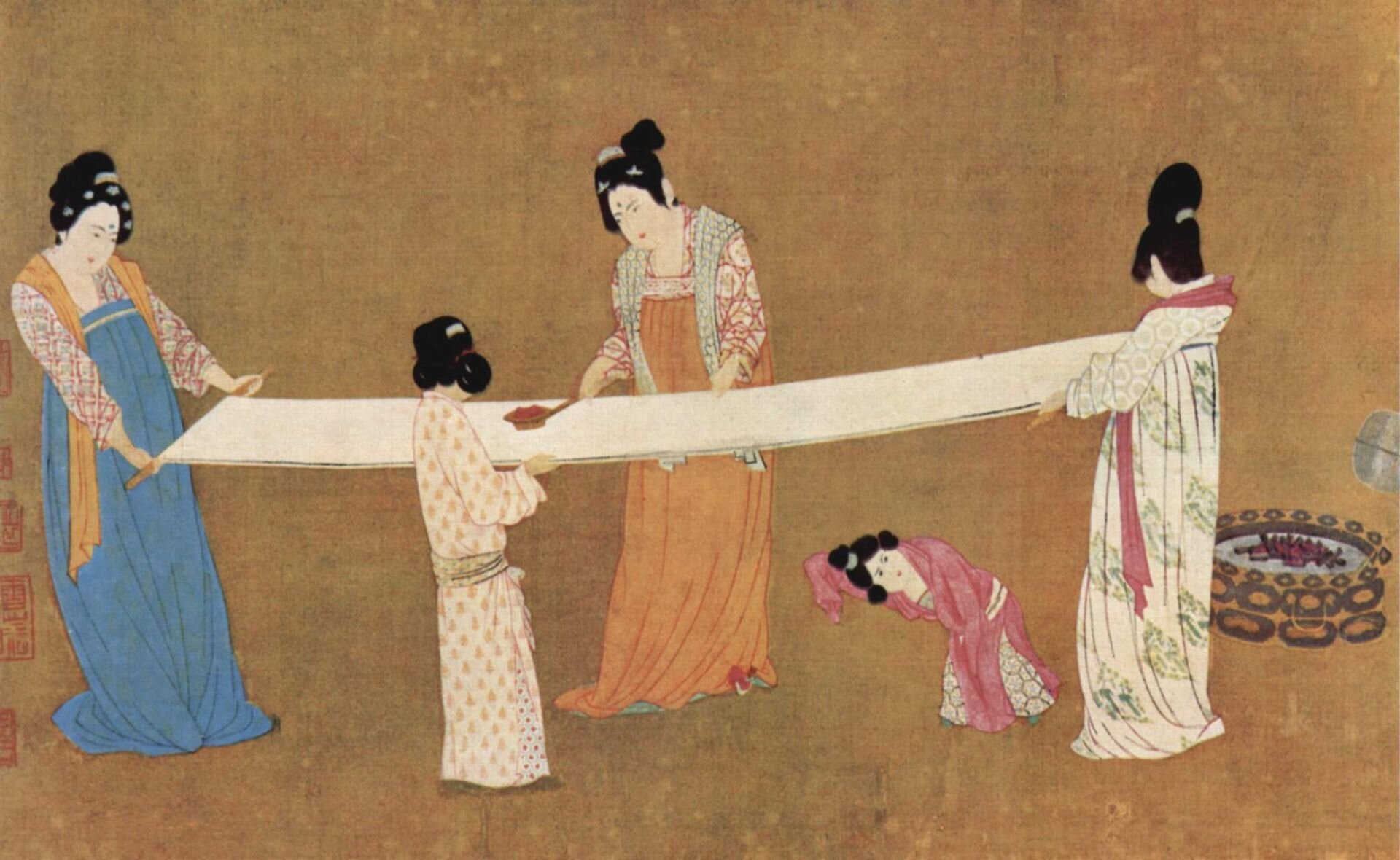
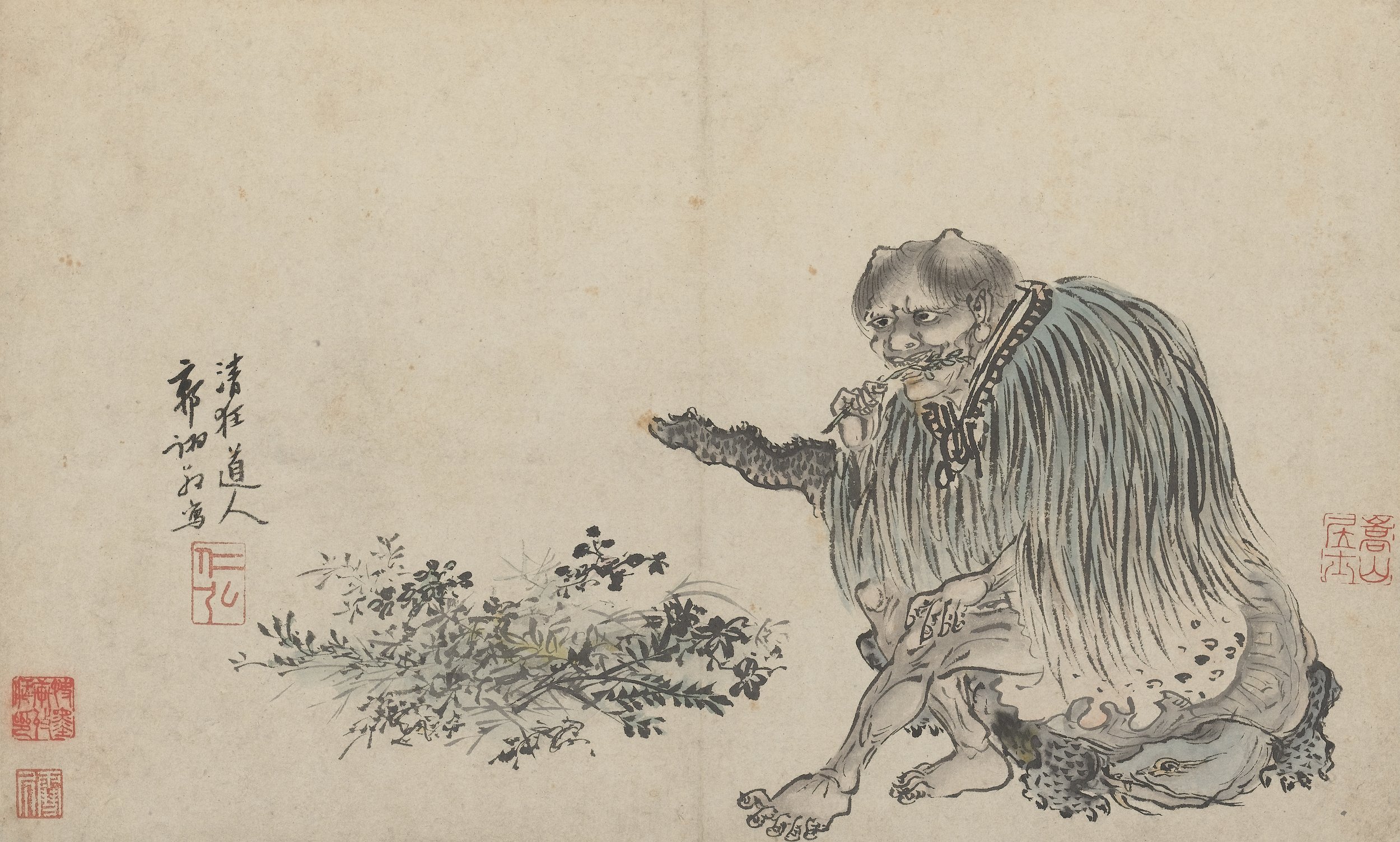
In this episode, we start a new series that looks at the history of Chinese Medicine or TCM.